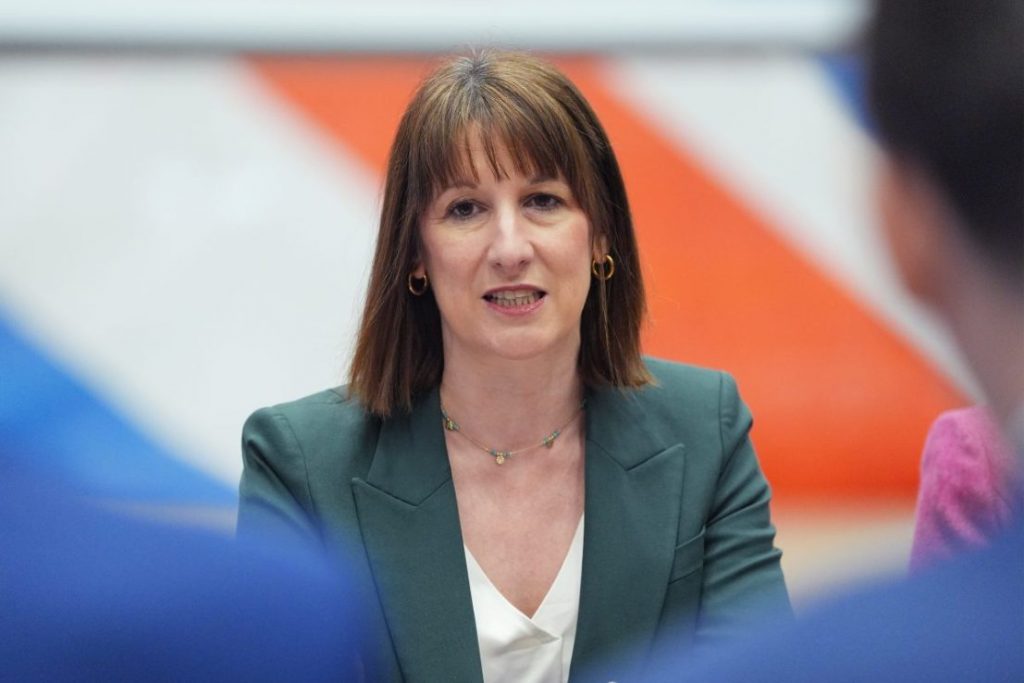Chancellor Rachel Reeves has insisted that Britain “won’t be pressured” into scrapping its digital services tax (DST), despite mounting pressure from the US.
Despite her strong stance, Reeves did not make any formal announcements about the future of the DST in her Spring Statement.
Yet, hot on the heels of her speech, she told The Rest Is Money podcast yesterday that the UK will continue to set its own tax policy, including on big tech firms operating within the UK.
“We will always set our own tax policy and our own tax rates – whether its VAT, income tax, corporation tax, or the digital services tax”, she said.
This sentiment was echoed in Reeves’ post-statement press conference yesterday, when she was asked about the heavily-rumoured tax reduction.
She answered: “I believe that multinationals should pay tax in the countries they operate in – even if they’re not headquartered there. That’s fair, and it protects the integrity of our tax system.”
Reeves stood firm: “Our views on that haven’t changed”, she added.
The digital services tax dilemma
But, it has become a flashpoint in trade negotiations with the US.
The Biden administration has been pushing the UK to amend or scrap the tax, reportedly citing looming US tariffs on British exports, including steel and automotive goods.
Ministers are still weighing whether to tweak the levy in exchange for a carve-out from the tariffs, with an update expected on 2nd April.
Reeves acknowledged these risks, saying: “We want to continue trading without the additional costs and bureaucracy that tariffs place. But let’s see where we get to in the next few days.”
The possibility of scaling back the DST has already triggered a backlash with Labour’s own ranks.
Labour MP Rachael Maskell warned against a dash to let US tech companies off the hook, whilst another MP told The Guardian:
“This could be the very worst optics: dropping a tax on big tech while announcing welfare cuts.”
Who stands to gain?
Any changes made to the DST could benefit US-based tech giants, including X, formerly Twitter, which tax campaigners have argued should be paying millions under the current system.
Dan Neidle, head of Tax Policy Associates, said the social media platform was eligible for the tax as “technically, it is fairly clear that X should pay the DST.”
On the other hand, UK manufacturers and exporters could gain if tariff threats are lifted. With industries like steel and automative manufacturing already feeling the pressure, avoiding US trade barriers could provide much-needed relief.
With Labour already under fire over Reeves’ spending cuts, the government’s next move on the DST will be closely watched.
